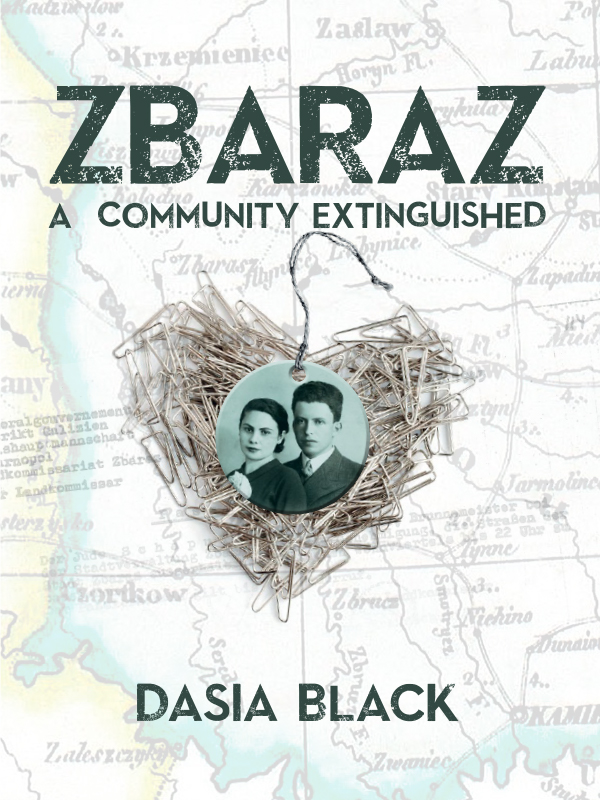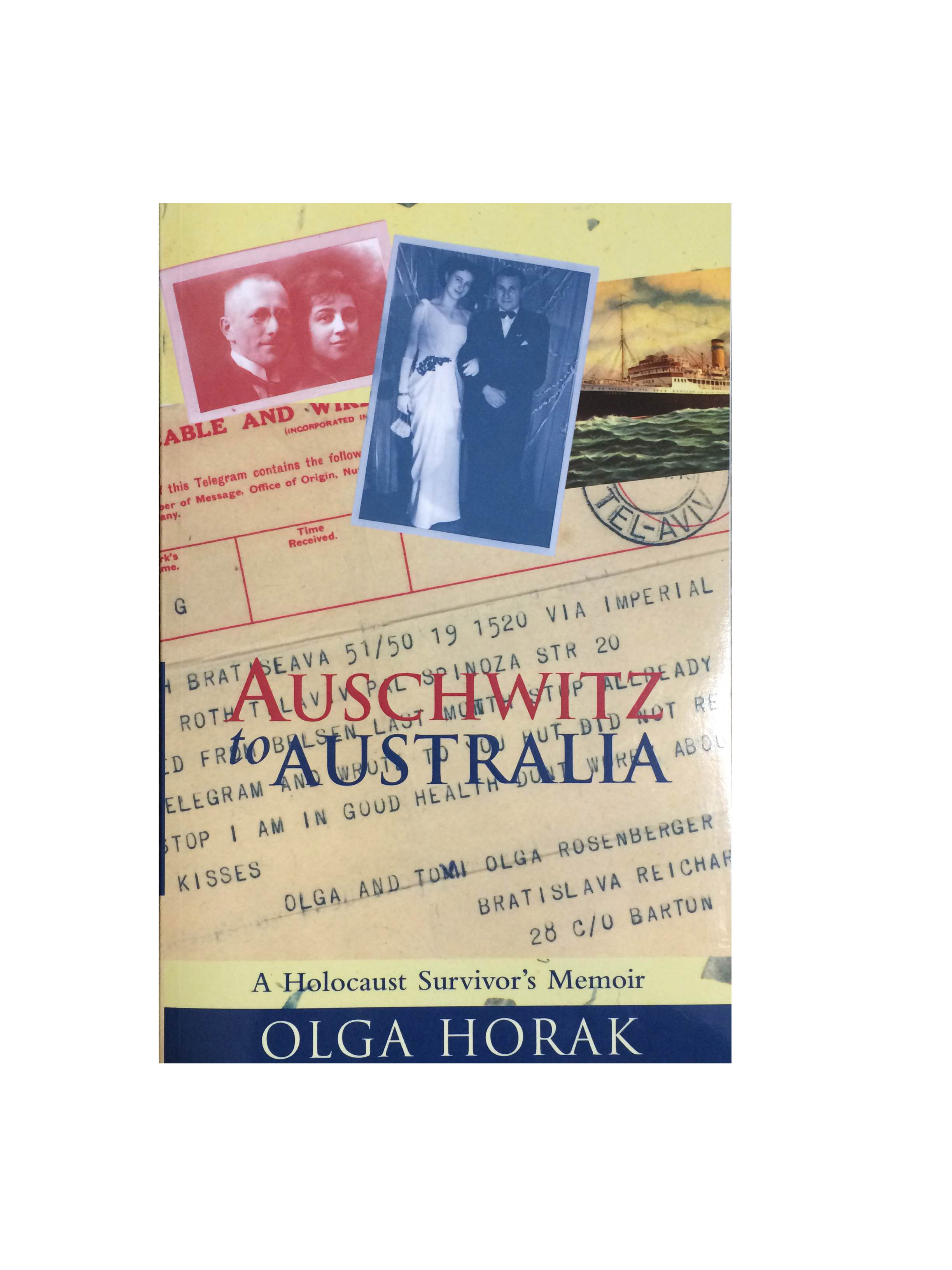
Nearly 8,000 Jewish-owned businesses, schools, hospitals, and homes were destroyed during one night of brutality in November 1938. German Nazis and their supporters took to the streets of Germany and Austria bent on destruction. They burned hundreds of synagogues to the ground, killed more than 100 Jews, and sent 30,000 more to concentration camps. Kristallnacht, "the night of broken glass," would mark the beginning of the Holocaust.
Posters are found in public places all over the world. They are usually visually striking, designed to attract the attention of passers-by and entice them to purchase a particular product or service, make them aware of a political viewpoint, or attend a specific event. This remarkable study is an overview of posters throughout history, as well as a representative survey of mass culture from the time of the French Revolution to 2000. Over 450 posters are reproduced here, 250 in full color, selected for both their historical import and their beauty. Author Max Gallo's informative text recapitulates the social and political currents of the day and places each poster in its historical context. The book also includes an essay on the development of poster art by art critic Carlo Arturo Quintavelle. 200 color and 200 black-and-white illustrations.
This text provides an authoritative and lucid study of the Holocaust. In concise chapters, Peter Neville surveys the history of anti-Semitism in Europe and examines the influence of anti-Semitic ideas on Hitler and the Nazi Party.

Why did Adolf Hitler encourage attacks on Jews and their property, escalating Nazi Germany's anti-Semitic policies to new levels of brutality? How did his decision affect countries around the world and change the course of history? This book looks at a momentous event from the build-up to World War II, showing how one of the world's most infamous leaders took a major step towards the events we now know as the Holocaust.
What key battles turned the tide for the Allies? Why did the horrors of the Holocaust happen? How did the war bring about the end of old empires and establish new super powers? This book answers these questions and many more by explaining what happened as well as why it happened, exploring the politics, tactics and technologies behind each event.
The text incorporates classic and recent historical interpretations and are supported by regular and relevant visual and primary source extracts, with accompanying activities. The student book opens with a survey of the origins of the Second World War in Europe and then examines the early victories of the Axis powers, key turning points in the war, the experiences of civilians in Germany, Britain and Russia, the Holocaust and the defeat of Axis.

The author of 'Letter from my Father' details the search for what may have happened to her parents in their final days during the Holocaust, in Zbaraz, Poland. Dasia, as a four year old child, was given by her parents to a Polish, Christian woman in order to save her life. She was told that her parents had perished but did not know the details of their murder. It is a heartfelt and at times, gut-wrenching description of the destruction of the Jewish community of the town, which was her father's birthplace. Based on what she discovered, she extrapolated what may have befallen her parents based on the testimony of the few survivors from the town.
A Holocaust survivor tells his compelling family story of escape from Germany and WWII, and their survival in China, the Pacific War and later Australia. Living in Berlin in 1939, three-year-old Peter Nachemstein and his parents, along with his mother's parents and brother, were forced to escape Nazi Germany by fleeing to Shanghai - one of the only havens left for them and 18,000 other European Jews. Although safe, they became displaced and isolated from the rest of their family, who were scattered across Europe.
Fifty years after the end of World War II, the Holocaust continues to cast a dark shadow. Here is woven a single and compelling narrative from the first person accounts of twenty-seven witnesses, including Jews, Gentiles, Americans, a member of the Hitler youth, a Jesuit priest, resistance fighters, and child survivors. They tell stories of life under the Nazis, in the ghettos, concentration camps, and death camps, and they recount the mixed emotions that accompanied liberation and persisted in the years following the Holocaust.

One woman's testimony of a terrible period of human history, when German troops marched into Solvakia in August 1944. It is a story of cruelty, greed and loss. But it is also the story of love and compassion, and of how even the deepest wounds can at least in part be healed with time and caring.
A book of biographies giving accounts of the experiences of eight children from different parts of occupied Europe during World War II, who were either forced to hide, to flee, to assume a new identity or were taken prisoner in a concentration camp.
Eddie Jaku always considered himself a German first, a Jew second. He was proud of his country. But all of that changed on 9 November 1938, when he was beaten, arrested and taken to a concentration camp. Over the next seven years, Eddie faced unimaginable horrors every day, first in Buchenwald, then in Auschwitz, then on a Nazi death march. He lost family, friends, his country. Because he survived, Eddie made the vow to smile every day. He pays tribute to those who were lost by telling his story, sharing his wisdom and living his best possible life. He now believes he is the 'happiest man on earth'.
In 1945, in a now-famous piece of archival footage, four-year-old Michael Bornstein was filmed by Soviet soldiers as he was carried out of Auschwitz in his grandmother's arms. Here is the unforgettable story of how a father's courageous wit, a mother's fierce love, and one perfectly timed illness saved his life, and how others in his family from Zarki, Poland, dodged death at the hands of the Nazis time and again with incredible deftness.
Using taped interviews from the Imperial War Museum's extensive Sound Archive, Phil Robins has gathered together this compelling collection of first-hand accounts from people who grew up during the Second World War. As well as British children's stories of evacuation and the Blitz, this book also includes memories from survivors of the Holocaust in Europe and from Germans who as children witnessed the near-total destruction of their country.